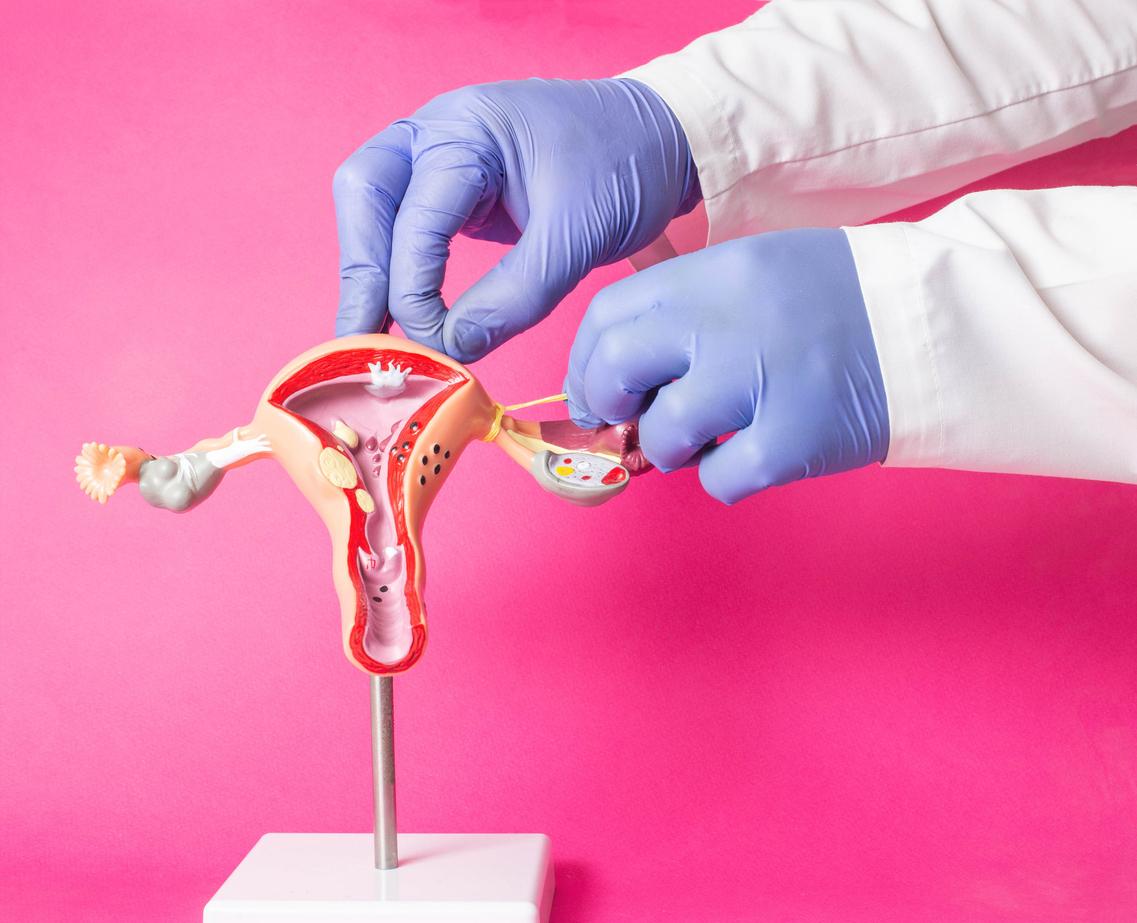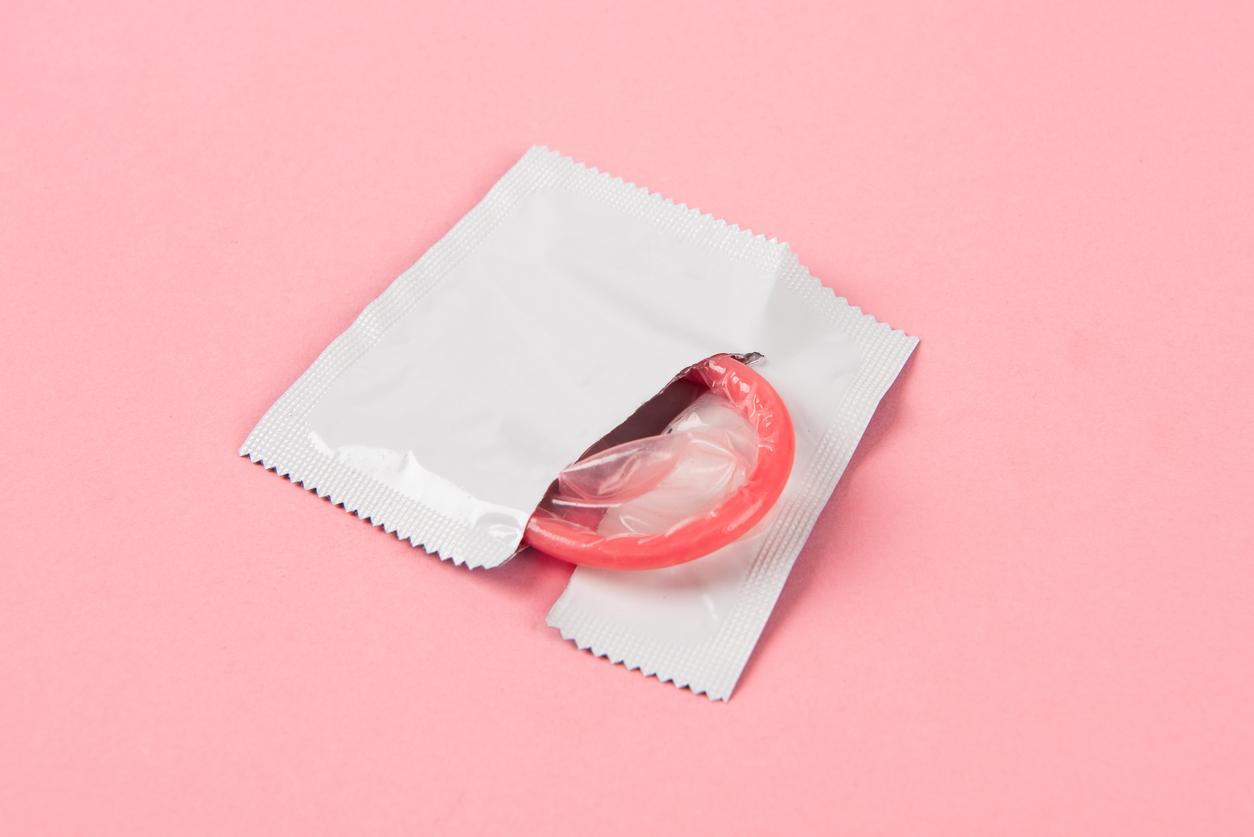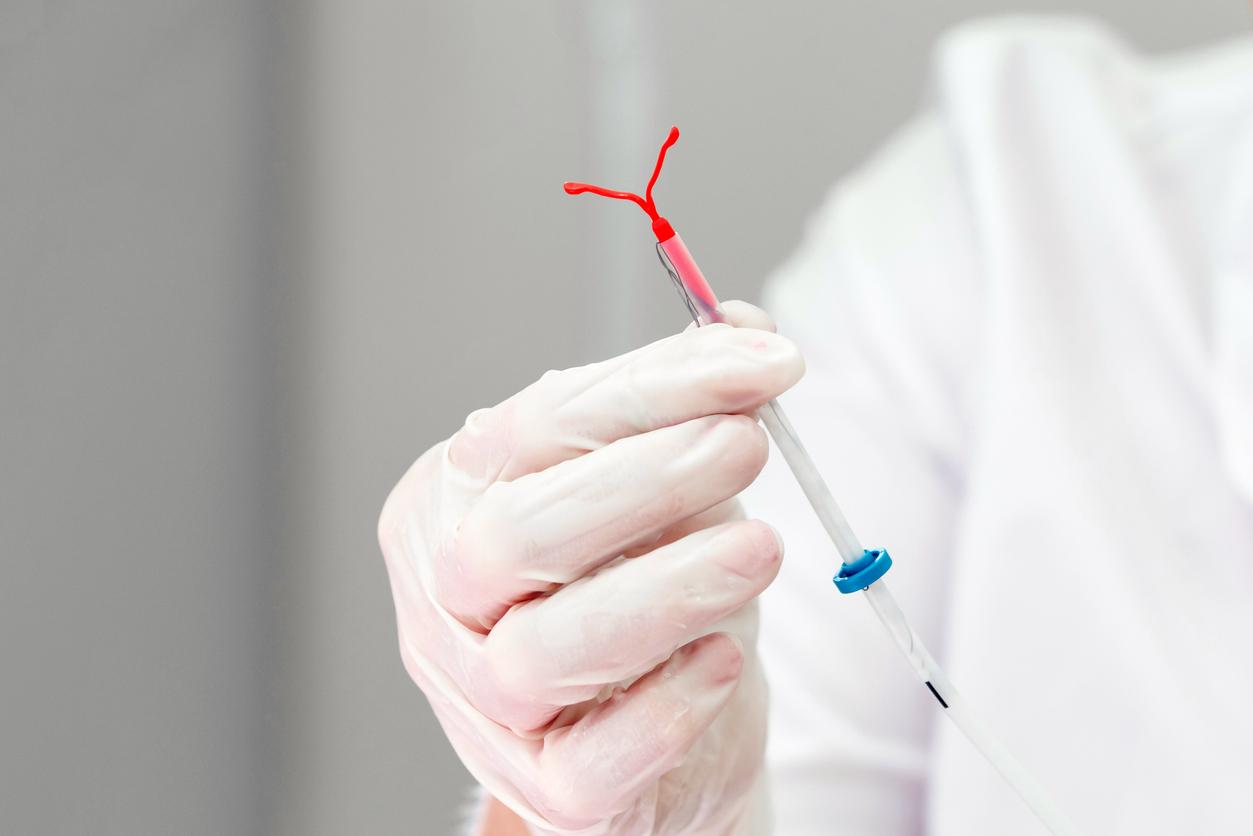The pill is “the” means of contraception favored by French women since it concerns 37% of women. Next come the IUD (25%), the condom (21%), the contraceptive implant (5%), natural methods (withdrawal, Ogino method, etc. for 4% of women), other hormonal contraception (3 %) and permanent contraception (2%).
Researchers at the University of North Carolina (in the United States) may have just developed the contraception of tomorrow: anti-sperm antibodies.
Indeed: in case of immune infertility (a rare autoimmune disease), the woman produces anti-sperm antibodies in their reproductive system which “actively trap motile sperm in the mucus and prevent them from reaching the egg“explain the researchers, who published their work in the specialized journal Science Translational Medicine.
A faster return to fertility in case of baby craving
Scientists therefore collected anti-sperm antibodies from a woman with immune infertility and then modified them to make them more effective.
Anti-sperm antibodies, what interest? As scientists explain, “rather than altering the physiological mechanisms underlying fertility such as hormones, immunocontraception should allow a rapid return to fertility, unlike the months of delay experienced by some women after ceasing to use long-acting hormonal contraceptives“.
How would this new contraception be administered? According to the researchers, anti-sperm antibodies could be delivered directly through the vagina, using a fast-dissolving film, or using “intravaginal rings that allow a constant release of[anticorps] over a period of time spanning the fertile window in most women“say the researchers.
Read also :
- The contraceptive ring: how to put it on? what advantages?
- Contraception: 6 things you may not have known
- The hormonal IUD (Mirena®) in 8 questions















